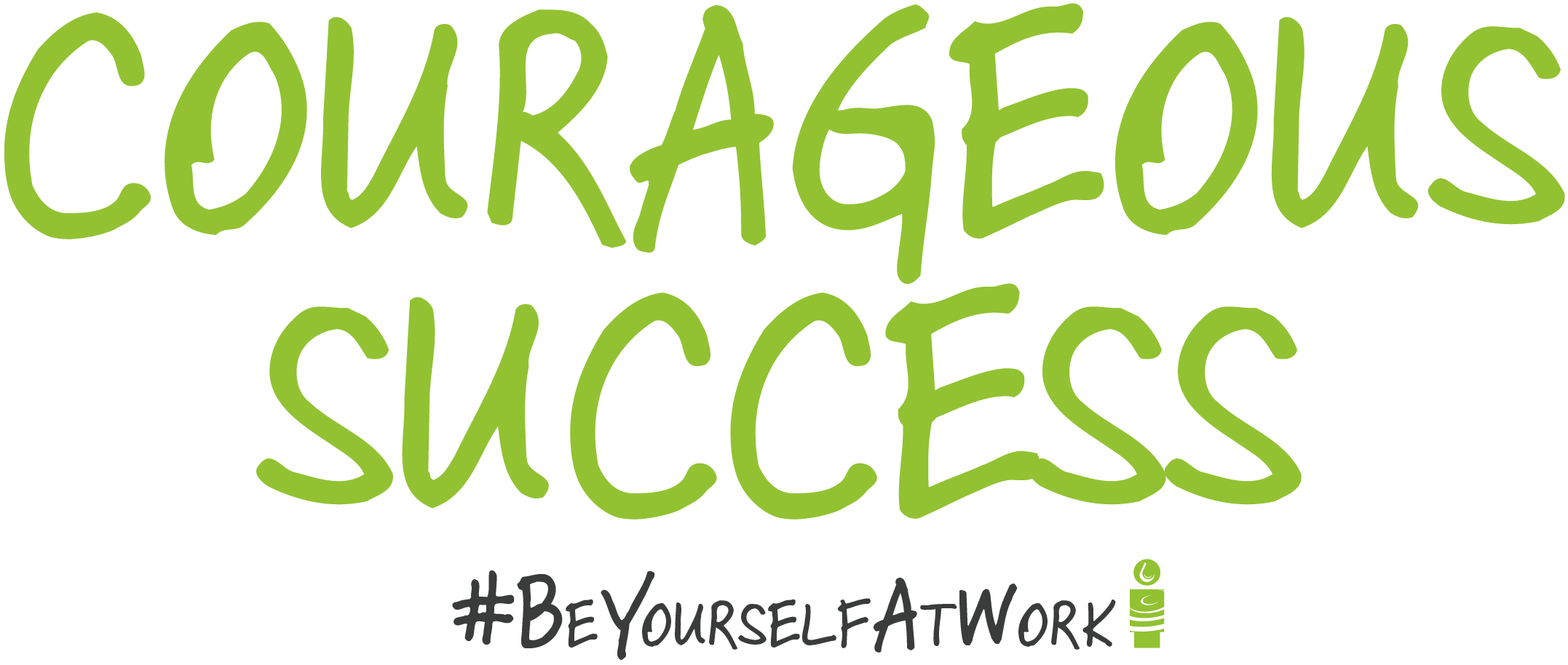“…I am often struck by the fact that we sometimes expect more of young people than we do of adults…”
Writing in Management Today recently, high school principal Lesley Franklin, talking about how our expectation of kindness seems to be higher for school children than it is in business.
“The practice of exhibiting kindness is one such example – a trait encouraged and nurtured in every pupil from an early age. At our school, we go so far as to build kindness into the curriculum, routinely emphasising its practice throughout the school year. Why then does this value disappear in many individuals when they reach adulthood?”
“Workplace incivility, what Acas terms ‘minor but persistent negative behaviour, such as rudeness, disrespect and lack of consideration for others’ is a widespread problem in the workplace, with 1/3 of the workforce having been bullied at work, according to law firm Slater and Gordon.”
This workplace rudeness takes its toll on employees and businesses alike, in research by Christine Porath on workers treated poorly:
47% decreased the time spent at work,
38% said they intentionally decreased the quality of their work,
66% admitted their performance declined,
78% percent said their commitment to the organisation had declined,
80% lost work time worrying about the incident.
A few years ago, the mother of a bully in my daughter’s school (who I challenged – she didn’t like it!) said “Urgh Liz, you are all about kindness, what does that matter?” I was shocked, truly shocked, especially as she was involved in children’s education.
The sadness is that real kindness can often seem rare, but I always find it once people’s guard comes down, their gates open and they trust me. People move quickly from the energy of ‘you are the supplier, you are going to sell to me’, to ‘you are here to help me and I see that’. How? BECAUSE I AM OPENLY KIND!
Franklin shares “The reason we emphasise being kind in school is not just because it’s the right thing to do. A culture of kindness makes for happier, more energetic and more collaborative people – all key factors to a well-performing school and business.”
We know that 80% of us have an iAM value around kindness. This is backed up by many scientists who argue nowadays that our brains are hardwired for kindness, and state that, when we are compassionate and kind it releases the powerful feel good neurochemical oxytocin, generating a whole load of positive emotions.
Jaclyn Lindsey, Co-founder and CEO of kindness.org, has conducted research with the University of Oxford that shows “by helping others, your own happiness, life-satisfaction, relationships, social connections and positivity are increased—and life becomes more enjoyable.’’ She also refers to University of Wisconsin’s research by Richard Davidson that shows “… kindness can improve job performance, lengthen employee tenure, and reduce sick leave.’’
What business and culture wouldn’t benefit from all that?
Here are some tips to spread kindness everyday:
- Consciously show people that you like them – engage, listen, smile, show others that you see the spirit and potential and real person in them. Choose to see the best in people.
- Aim to have a positive impact. Be warm and informal – the same person at work as at home.
- Be more conscious of your behaviour every day and the impact on those around you – put them first – aim to have a positive impact. Dial up your self awareness and notice how good it feels to be kind.
- I offered to buy a fellow traveller a cup of tea on the train last week as they had no change. I had to brave her thinking I was a nutter, but she was really shocked, and I felt zingy!
Unleash courageousness to step up and offer kindness. - Give people time and pay full attention, be really present.
- Practice small acts of kindness every day – the person you are kind to is 278% more likely to pay it forwards – what an impact! (US National Institute of Health).
#BeYourselfAtWork
